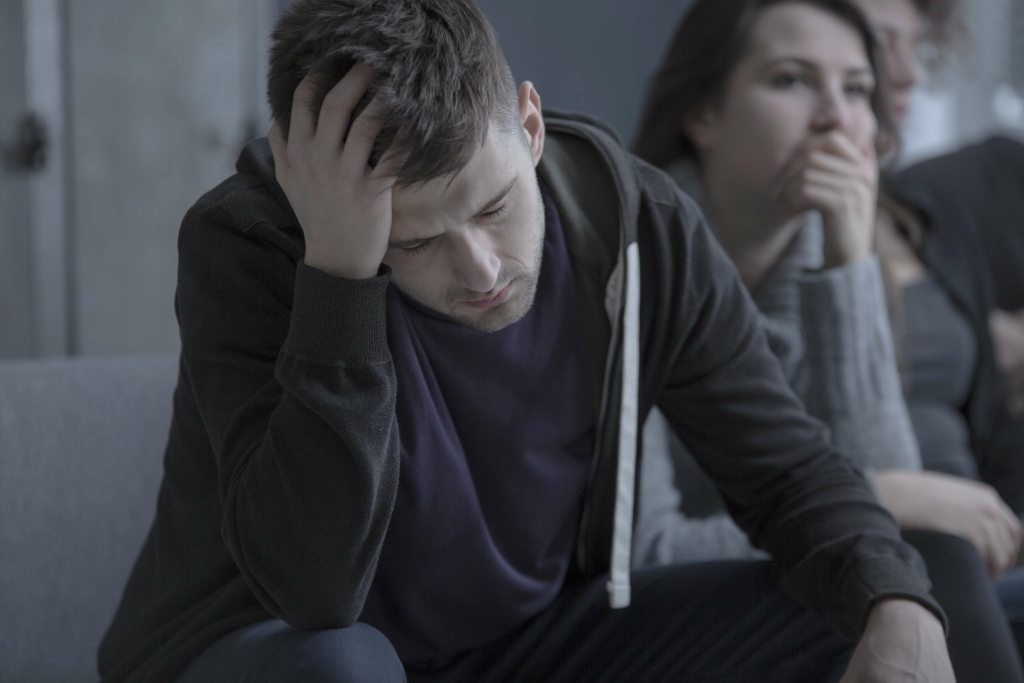Reframing Holidays in Early Recovery Holidays During Recovery
People won’t feel so inclined to offer you a drink, and they won’t get the chance to pester you about your sobriety. Finally, if you’re having a tough time, reach out to someone you trust and let them know how you feel. These emotions, coupled with situations that might involve exposure to substances, can increase vulnerability. Recognizing these potential triggers is the first step toward successfully managing them. At Asana, we offer effective, insurance-covered treatment for addiction and mental health, guided by experts who understand because they’ve been there.
Recovery is a challenging process, and having a network of caring people can make a significant difference in maintaining sobriety. Additionally, by finding out why you become anxious or sad around the holidays, you may be able to navigate the rest of the season. My experience at Casa Palmera rescued me from a very dark time in my life. My expectations were consistently exceeded by the expertise of the staff, the content of the program, and the overall respect and care I was treated with. I would highly recommend to anyone suffering from drug or alcohol dependency.
How Much Is Too Much? Addressing the Uncertainty in Treatment for Those Who Have Had Multiple Attempts
For many of the reasons mentioned earlier, substance abuse tends to ramp up over the holidays. Addiction treatment initiated during the holidays could be the best gift you give to your family, your friends and yourself. Celebrate the holiday season and the fullness of your sober life by taking reframing holidays in early recovery time for yourself. Proper nutrition, gentle exercise and restorative sleep can do wonders for your well-being.

Hatch a holiday escape plan, and plan to protect your sobriety
Some families are considerate enough to hide the alcohol or, better, to go alcohol-free, but often, sadly, there are many people who just can’t enjoy themselves without some type of intoxicant. This is a good time to re-familiarize yourself with your favorite urge-busting tools. Check your handbook or the online toolbox and begin actively practicing these tools before you need them, to strengthen your urge-busting muscles.
If you’re a family member or friend hosting someone in early recovery:

Internal triggers—such as feelings, thoughts, or bodily sensations—are common hurdles in addiction recovery. Recognizing and managing these triggers is vital for maintaining sobriety and building emotional resilience. The first obstacle that often comes up is the holiday office party. I’ve worked with many people in recovery who tell me that coworkers can look at them as if they have a third eye, or as if they have just sprouted wings, if they decline an alcoholic beverage. Many have trouble just being around alcohol, not to mention the unchecked inebriation that can occur at these parties. In this blog, we’ll explore practical strategies for maintaining recovery during the holidays, whether you’re newly in recovery or have years under your belt.
The Role of Family Therapy in Preventing Relapse
Recognizing patterns from past holidays or discussing challenges with your care team allows for better https://newsforreviews.com/2022/12/20/how-to-fight-loneliness-in-addiction-recovery-2/ preparation. Understanding your unique triggers is an essential part of maintaining recovery during the holidays. Intense emotional responses often arise from what are commonly called “triggers.” These are often things like events, environments, or interactions that make recovery difficult to maintain.
- Your independence—from addiction and toward a life of purpose and joy—is worth celebrating every day.
- You exist outside of yourself, and you begin to notice all the blessings your life already contains.
Find Your First Step in Recovery, Supported by Shared Experience
12-step programs create an environment that promotes emotional safety, where people have the experience of feeling understood and accepted. Everyone deals with holiday stress, but for people in recovery trying to stay sober, the holiday season places unprecedented challenges. The simple idea of going holiday shopping can be stressful on its own. For those in early recovery, you’ve probably haven’t seen some family members and friends in awhile. Whether virtual or in-person, a community of support is vital for an individual in recovery.
- They also share their plans for the future and how they hope to help even more people in the coming years.
- A robust support system provides emotional encouragement and accountability.
- These concepts serve as a helpful framework for understanding the complex mechanisms of addiction.
If you’re in early recovery and heading home to family members for the holidays:
Spend time with people who already know your struggle and can be there for you if the environment becomes a challenge to your sobriety or mental health. Just like with any other disease, substance abuse does not take a vacation just because the calendar says so. Being prepared for the holiday events this month can bolster your sense of self-efficacy during the recovery process and help you begin the process of re-learning to trust yourself. Taking time for oneself is like assembling a toolbox filled Sober living house with emotional, mental, and physical healing strategies—all are vital to holding strong in your recovery journey through the festive noise. Holidays can get pretty wild, and keeping on track with recovery can feel like walking a tightrope. Let’s chat about what’s out there to lend a hand, from programs and places to get help over the holidays to building your own squad for support.
- Drinking plenty of water throughout the day helps maintain bodily functions and emotional stability.
- Beverages that are “mocktails” look like festive alcoholic drinks, but without alcohol.

If you previously viewed the holidays as a time of parties and indulgence, it can be helpful to amend your point of view so that you look at the holidays as a time of connection and re-connection. Making your friends a part of your holiday plans will help you avoid being alone or lonely at this time of the year. Your friends may not replace your family, but in many ways, they may exceed your family in quality time together. Understanding these triggers helps individuals develop personalized strategies to cope.
Reframing Holidays in Early Recovery
The holidays may come with expectations, such as shopping, travel, cooking, and multiple social gatherings. While the holidays are a time to celebrate family and good cheer, they are also a time when other feelings can be heightened. Addiction during the holiday season can be particularly challenging, but it’s important to remember that recovery is possible. Another aspect of an effective relapse prevention plan for the holidays acknowledges an individual’s engagement in continuing treatment.
